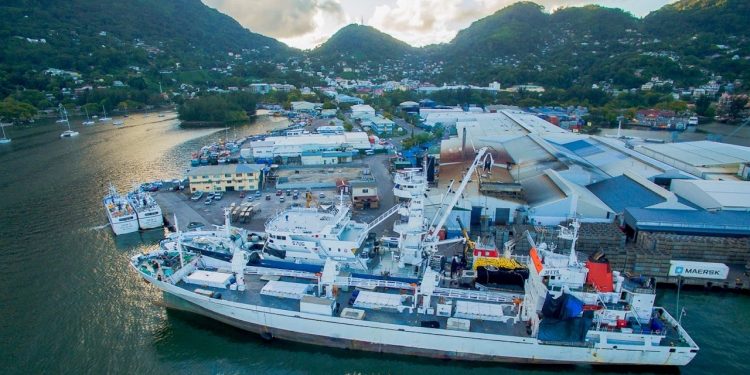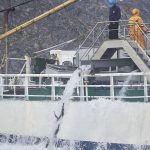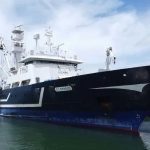The outcomes of the recent IOTC session mask serious deficiencies in governance and the organisation’s inability to manage tuna stocks, instead putting the focus on FADS, while also rejecting every proposal aimed at increasing transparency and obtaining better data for scientific analysis – according to Europêche.
‘We believe that monitoring, control and surveillance, as well as data transparency, are the key to good management and we urge IOTC members and other parties interested to work in this regard until the next meeting of the Commission in April 2025,’ said Anne-France Mattlet, director of Europêche Tuna Group, commenting that the Seychelles’ proposals to improve data collection and reporting, catch and effort, a ban on discards of tropical tunas, the European Union’s High Seas Inspection and Boarding Scheme, and increasing the coverage of observers were all rejected at the session in Bangkok.
Europêche highlights that the IOTC hardly spent any time trying to reverse overfishing and overexploitation of yellowfin tuna, rejecting any ideas of closing this fishery – while a number of states continue to object to a recovery plan for yellowfin tuna.
On the other hand, IOTC has been ‘extremely diligent’ in multiplying the measures on FAD that will have no effect on the recovery of the yellowfin stock – as the purse seine fishery represents just over 20% of the catches and has a adequate quota, respected by the European fleet.
Reductions to the numbers of FADs affect European fleets, while exemptions granted to SIDS and countries with a limited number of purse seine vessels – but not to other developing or least developed states – creates, in Europêche’s view, a significant disparity and disrupts the level playing field. In addition, the IOTC has continued to reduce the number of auxiliary vessels permitted per flag state, without presenting any scientific justification.
‘Despite the assurances of DG Mare Director General Vitcheva that the EU would commit to preserving a level playing field in the IOTC , the European delegation, under pressure from rod and line fishing states, continues to accept non-science-based exemptions and reductions for FADs and auxiliary vessels, which only exacerbates inequality,’ said Xavier Leduc, president of Europêche Tuna Group, who questioned the position taken by the European delegation.
He commented that auxiliary vessels play a key role in the fleet’s decarbonisation strategy, and added that these measures threaten the economic viability of the EU purse seine fleet in the Indian Ocean – with little or no effect on the recovery of yellowfin.









